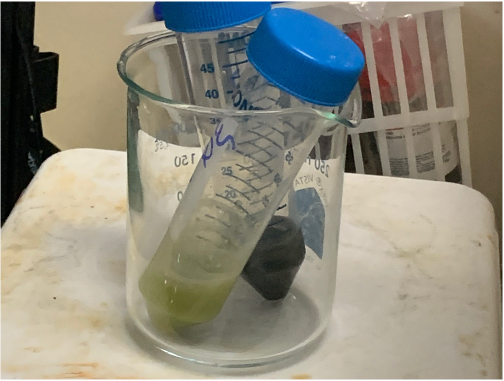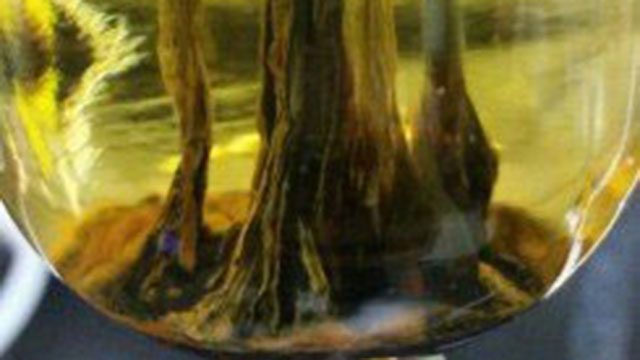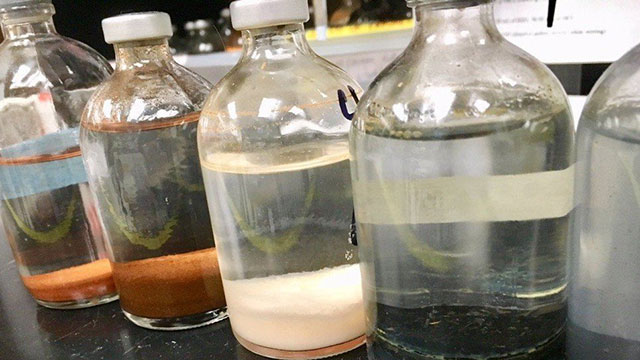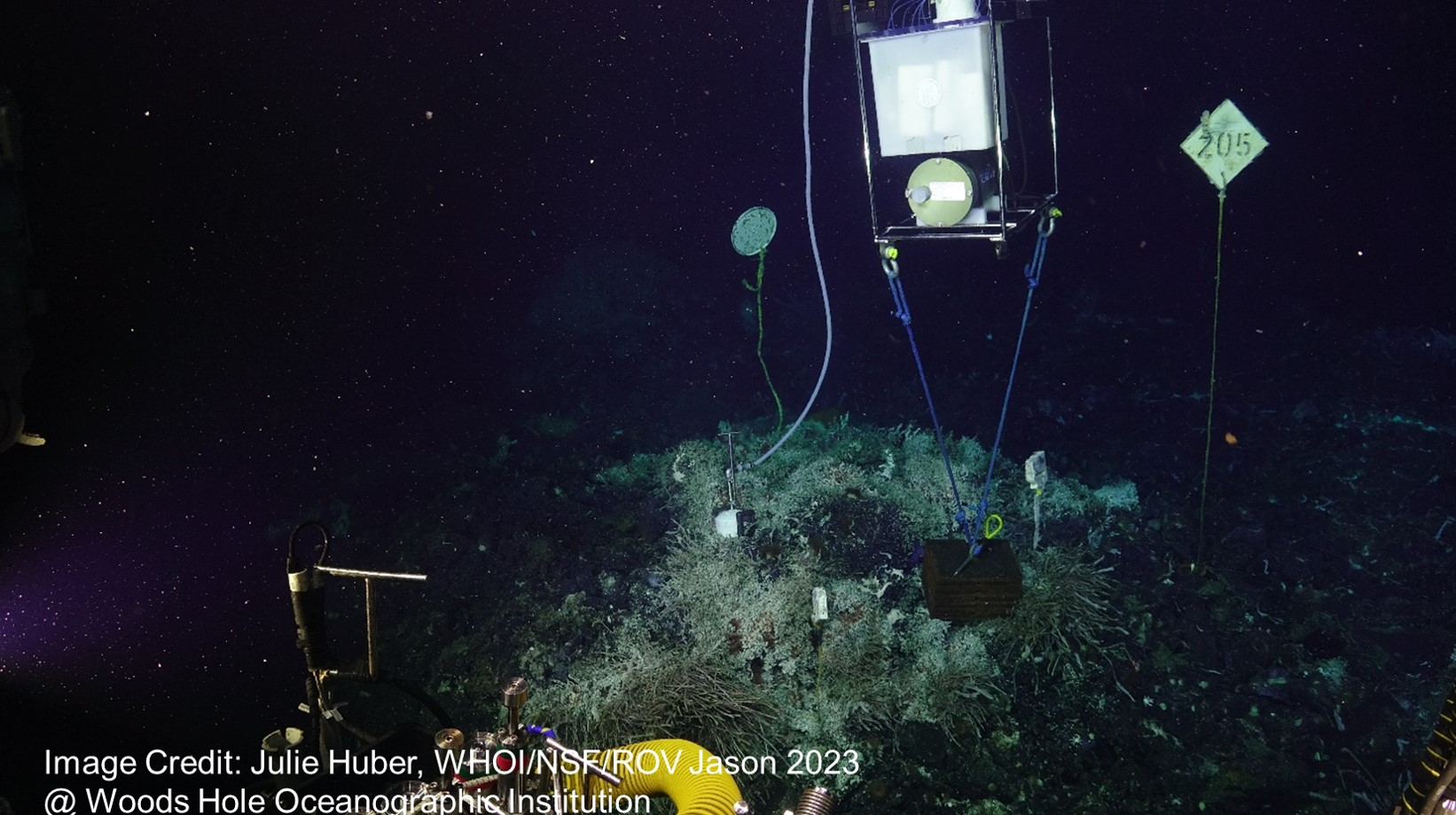Research Directions
Our research directions are investigating the origin of life, studying factors that influence habitability in geological systems, and developing ways to detect habitability and biochemistry in the solar system and beyond. See below for descriptions of our main research themes and ongoing projects.
Emergence of Life

Understanding how life began on early Earth is key to determining if, and how, life could have started on other worlds. We study prebiotic chemistry in early Earth environments and investigate the effects of minerals on abiotic organic reactions leading toward metabolism.
Ongoing projects in this theme include:
- Proto-metabolic reaction networks drive by minerals and metals
- Recapitulating metabolic pathways driven by protein cofactors in prebiotic systems
- Redox interactions of CHONPS elements and how this affects prebiotic chemistry
Hydrothermal Vents

Hydrothermal vents – formed by water / rock interactions on Earth and possibly other worlds – are places where heat and chemical energy could sustain life and habitability, and even perhaps the origin of life. We study hydrothermal vents in the lab and field to understand how these systems would function on other planets and moons.
Ongoing projects in this theme include:
- Simulating hydrothermal chimney systems that may have driven organic / prebiotic chemistry on early Earth and on ocean worlds e.g. Europa or Enceladus
- Iceland hydrothermal vents as Mars analog systems, and whether vents could support habitability on ancient Mars
- Field studies of habitability of ocean world analog vents in the Pacific
Planetary Geochemistry and Habitability

Understanding life on planets is about more than detecting organics or cells; we must also understand the inorganic geochemical processes that make a planet habitable. We study the chemistry of elements crucial for life and origin of life including iron, sulfur, and phosphorus; as well as how redox energy is generated in planetary environments.
Ongoing projects in this theme include:
- Studying phosphorus redox chemistry on rocky and icy planets, including effects of iron and other metals and geochemical conditions
- Nitrogen redox chemistry on Mars and early Earth
- Iron and sulfur redox chemistry in early Earth / Mars / ocean world environments, and how this impacts organic cycling
Astrobiology and Life Detection

Detecting signs of life and habitability on other worlds requires techniques that assess the geochemical environment and differentiate between abiotic and biotic systems. We work to develop analytical techniques to study astrobiology of samples and in-situ field environments, and to simulate abiotic vs. biotic geochemical systems in the laboratory.
Ongoing projects in this theme include:
- Investigating ocean world analog hydrothermal vents in the Pacific Ocean with a new astrobiology spectroscopic payload
- Determining the biosignature threshold between abiotic/prebiotic and biotic chemistry
- Investigating inorganic indicators of life in geological samples
